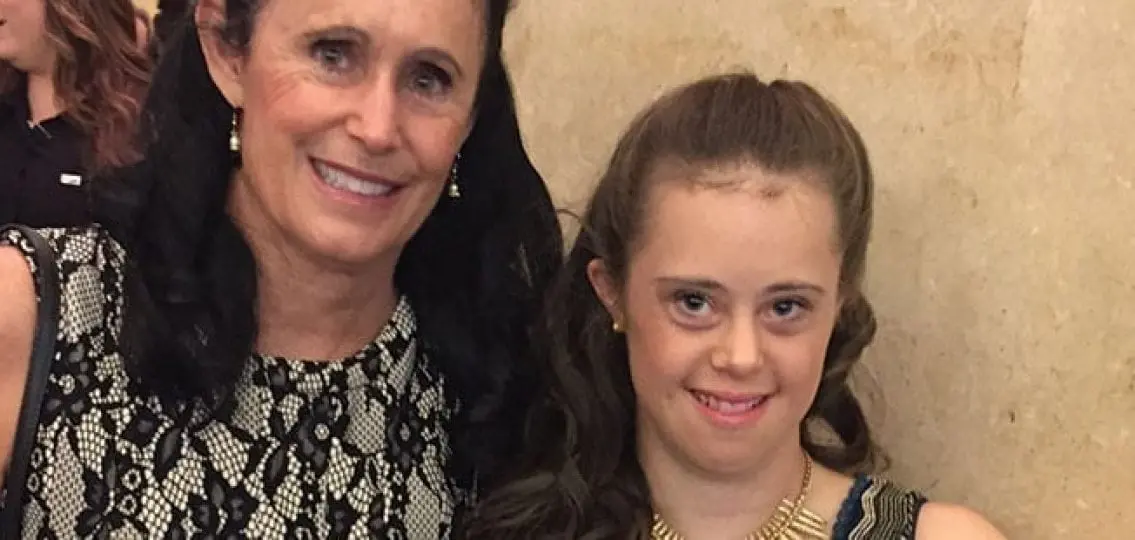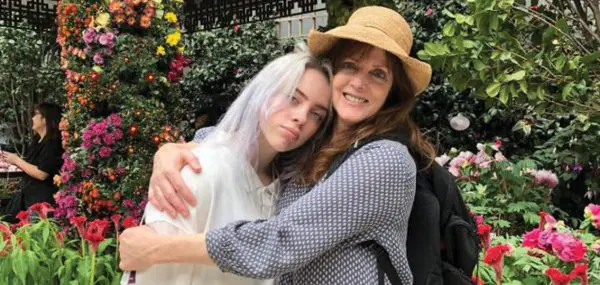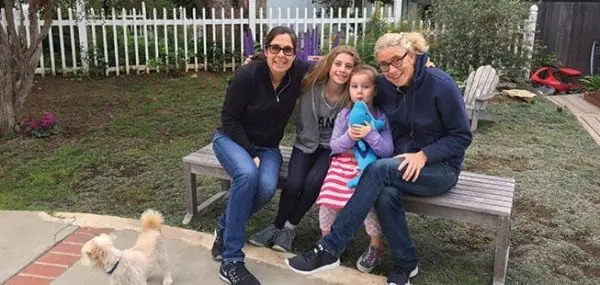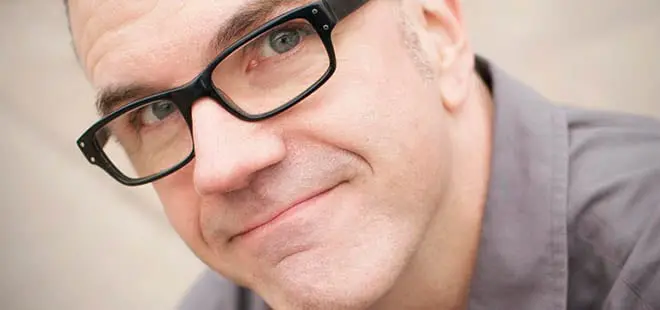Chelsea Werner started gymnastics at the age of four. She has since won four U.S. Special Olympics and two Special Olympics World Games, and she is now adding modeling to her resume. Chelsea also has Down syndrome. We spoke with Chelsea and her mom, Lisa Werner, to learn more about their inspiring story.
And Interview With Lisa And Chelsea Werner
Q: How did Chelsea first get involved with gymnastics?
Lisa: We have an athletic family, so when she was younger, we tried many sports. She showed a lot of interest in gymnastics. There wasn’t much potential, but she really enjoyed it.
Q: When did you realize it was more than just a casual hobby?
Lisa: When she started to put in more hours of practice, we started to see some talent. We realized she was doing a lot more than we ever thought she would do, so we kept challenging her more and more and increasing the hours.
Q: Chelsea, did you ever want to quit, or did you like it all along?
Chelsea: I liked it all along.
Q: How important is the coach when it comes to gymnastics?
Lisa: The coach made all the difference. When Chelsea was eight, she started doing the Special Olympics. For two years, it was really low-key. Then we asked the coach to move from Level One to Level Two. The coach said that Chelsea would likely remain at Level Two her whole life. Right then we decided we needed to find someone who had higher expectations than that.
Q: What made the next coach so much better?
Lisa: The new coach had expectations that Chelsea could do everything a normal gymnast could do. She treated Chelsea just like a regular gymnast. At first, it was shocking. People thought she was mean to Chelsea because she didn’t let Chelsea get away with bad form. If she didn’t do something right, she would have to do it over and over, just like regular gymnasts. In Special Olympics that was never seen. It was a completely different mindset than most Special Olympic teaching.
Q: What was the hardest part about raising a teenager with Down Syndrome?
Lisa: The biggest issue for Chelsea has always been her speech. Trying to get more speech therapy in her school district was always a problem. We did a lot of private speech therapy. We had trouble accessing school resources that she is entitled to. Chelsea is happy by nature and very positive, so there haven’t been a lot of problems.
Q: Did Chelsea ever have any social challenges at school?
Lisa: A little bit. Chelsea was a high school cheerleader, but we had to fight to get her on the team. They did let her on the team, but they didn’t let her do certain things, like she was excluded from halftime. The girls never really embraced her—they left her on her own. She loved being a cheerleader, but the team never included her like we had hoped.
Q: What’s one message that you’d love to get across to other parents of kids with special needs?
Lisa: So many people who have children with special needs say that I am so lucky that my daughter is so talented. It makes no sense, because she wasn’t talented. She took last place for many years, but she stuck with it and trained hard. It really had nothing to do with being born talented.
When Chelsea was in the Special Olympics, there were a lot of girls who had more potential than Chelsea, but the parents never pushed them. They dropped out. It is surprising to me because I guess I was an athlete and always challenged myself. Other parents don’t realize that. They push their other kids but not a child with a disability.
Q: What’s next for Chelsea?
Lisa: We keep thinking this will be her last year in gymnastics, but then she loves it so much. We just don’t really have to be at the highest level, putting in 20 hours a week anymore. We are trying to get more into modeling and advocacy because we feel she has proven everything she needs to prove. She loves modeling. She loves being on the runway, so that will be part of it.
Q: Chelsea, which do you like better, gymnastics or modeling?
Chelsea: Modeling.




